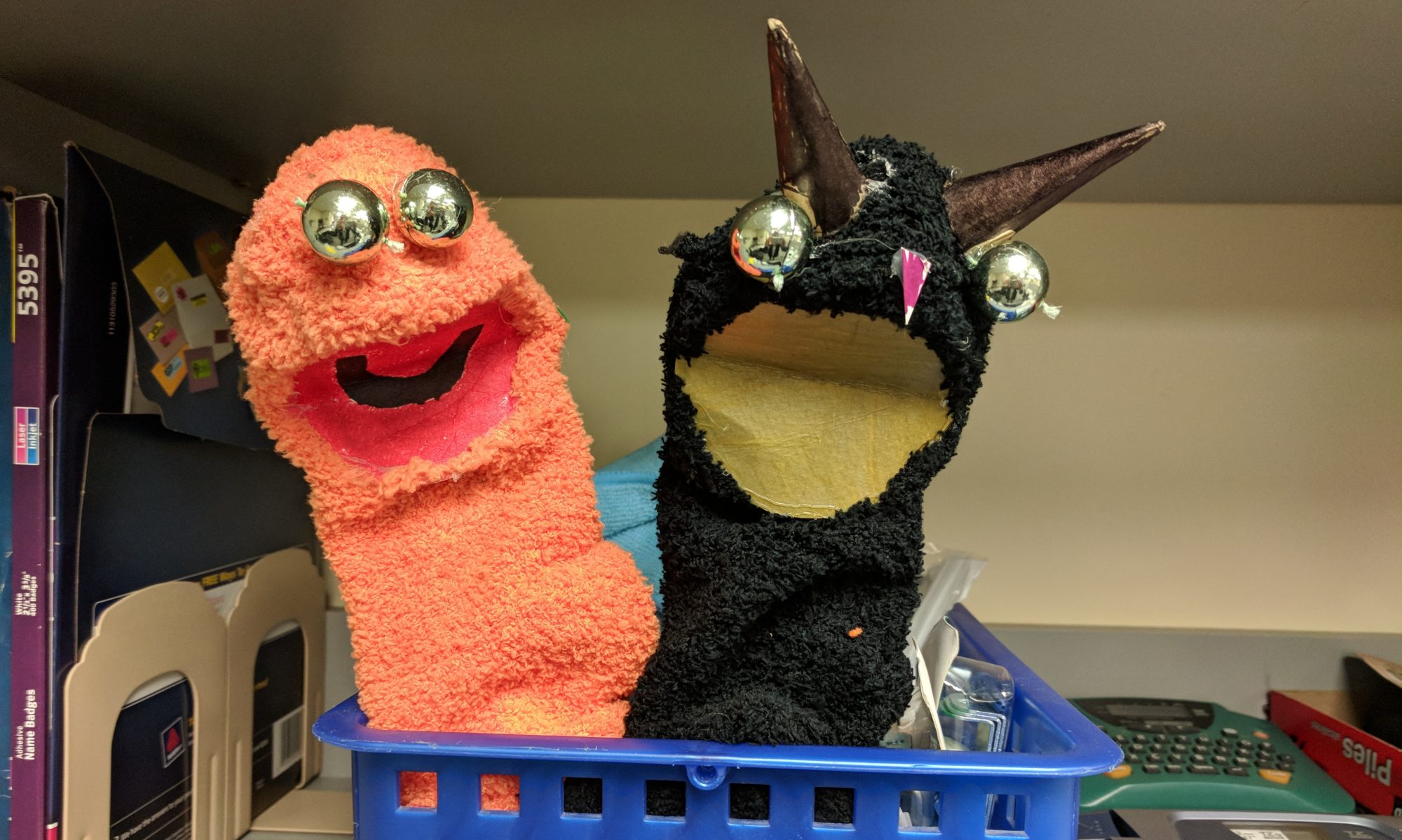Working with the clientele I have been exposed to at Redwood Place, I have noticed that many of the clients struggle when it comes to sitting with negative emotions/situations. I doubt that this is something only reserved for the dually diagnosed DD and mental illness population, but rather this is something we all struggle with. Indeed certain aspects of western culture seem largely based on instant gratification.
In any case, the other day I was on the cusp of falling asleep, a time when the creative juices begin flowing, when I thought of the saying, “this too shall pass”. I didn’t pay much attention to it, but it stayed in my dreams…The next morning, as I traveled to work, I realized that this saying resonated with me in a way that applied to not only to my life, but also to my practice as an art therapist.
Working at a residential facility there are often interpersonal conflicts that come up, sometimes over and over again. During these times, I can easily spend half my day conducting conflict resolution, which may be repeated later again that day, week, month, etc. It occurred to me that this may partially be due to difficulties with sitting with the unpleasantness of a certain emotion or situation. Lack of tolerance to the negative aspects of life can cause social relationships to suffer. For example, one might become highly irritable, curt, or avoidant of others. This sometimes makes other clients feel targeted or left out of their friend’s life, which can perpetuate a cycle where client #2 has difficulty sitting with their negative emotions, and both clients become increasingly agitated, requiring some kind of crisis intervention and/or conflict resolution.
Another common scenario I have been exposed to are clients who are frustrated with waiting for their next placement, as they find that they have gotten everything they can out of the program. Sometimes clients wait years for a new placement, depending on their situation. These clients describe feeling like they are in jail, against their will. Indeed, wouldn’t every one of us feel somewhat trapped if we were waiting to move on with our lives for years? In any case, these feelings of frustration are sometimes acted upon in aggressive and violent ways, often against others.
Part of my job as a therapist, as I see it, is to help these clients express their emotions through artwork and through their words, so hopefully these clients will be able to tolerate their emotional states and situations without becoming aggressive. Another aspect of my job is to encourage an increase in frustration tolerance and hope by reminding each client they have choices regarding their behaviors (changing an external locus of control to an internal locus of control). Somehow, though, something seemed to be missing in my job description, in my philosophy of conducting therapy with this population and that something came to me right before I feel asleep, “this too shall pass”.
The idea that everything in life; our emotions, our situations, our very existence is transient. Everything changes, although while we’re in the moment waiting for change to occur time can feel like its moving at a snail’s pace. For me, when I am unhappy with my current situation and there is nothing I can do to change it, in the near future or the distant future, the idea that everything comes to an end brings me both comfort and hope. I think that’s why I have decided to introduce this concept to the clients I work with.
I understand that this is an abstract concept, that it will take time for this idea to be experienced and understood, and that some may never identify with the notion. However, I believe that with some encouragement, especially after a crisis occurs, this notion can be a valuable tool in building one’s tolerance. For example, during a debriefing after a crisis, the client and therapist could discuss or make artwork regarding the emotions and situations involved, how they may have resolved themselves without becoming aggressive, and what coping skills could have been used to help make it through this tough time (i.e., listen to music, deep breathing, take a walk). If a client avoids aggressive or self-injurious behavior during a crisis, discussing how they were able to sit with negative emotions long enough for it to pass by in the moment. It could also be suggested that clients repeat to themselves “This won’t last forever” or “I’ll get through this alright” when they are upset, anxious or disappointed. In art therapy, posters can be made with self affirmations focusing on tolerating emotions.
I have been using many of the interventions described above since I began working with this population, without having analyzed my philosophical stance. I was following the lead of my colleagues, because they have many more years of experience than me.
I somehow feel grounded in the notion “this too shall pass”, and have found a confident direction to focus upon before, during and after a crisis situation. I suppose this means that I becoming more comfortable working with this population and sitting with my own difficult emotions that I experience when clients become anxious, upset, aggressive and/or self-injurious.
